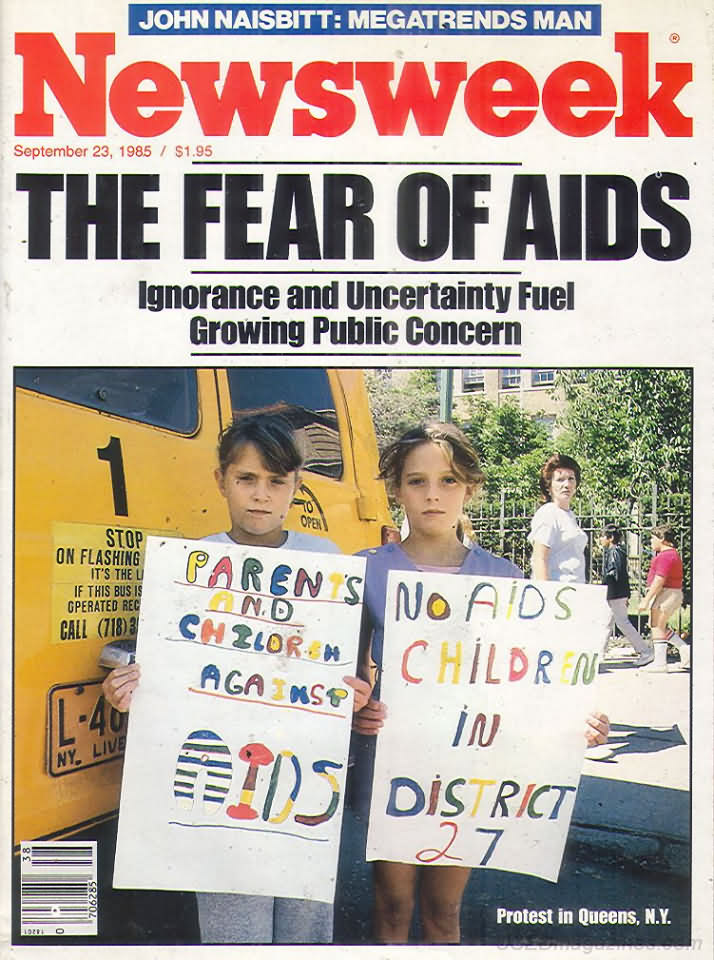SERMON: My Church (Luke 12:42-48; 16:10-12)
Delivered during 11:15 am Bridge/NEXT Community service of All Nations Ministry
Blog
-
SERMON: My Church (Luke 12:42-48; 16:10-12)
-
SERMON: Human Bean (Ephesians 2:11-13)
SERMON: Human Bean (Ephesians 2:11-13)
Delivered during 11:15 am Bridge/NEXT Community service of All Nations Ministry
-
SERMON: Wisdom in Conflict (Acts 6:1-7)
SERMON: Wisdom in Conflict (Acts 6:1-7)
Delivered during 2:15 pm Impact Community service of All Nations Ministry
-

Know Your Role
 As I read through the book of Esther (and many of the books of the Bible), I am always amazed at the role reversals. Those who think highly of themselves are brought down. Those willing to sacrifice themselves are lifted up. Haman, who sought to annihilate the Jews, because of the disregard of Mordecai, ends up executed and on display for all to see. Mordecai, the lowly gatekeeper, is promoted to second in command of the empire. Esther, who was willing to die for her people, ends up becoming the heroine who rescues them. When Dwayne Johnson was actively wrestling as the Rock, he would always say, “Know your role. Shut your mouth.” It seemed so rude (and awesome) at the time, but there was so much wisdom for all of life in this short outburst of bravado. Stay humble.
As I read through the book of Esther (and many of the books of the Bible), I am always amazed at the role reversals. Those who think highly of themselves are brought down. Those willing to sacrifice themselves are lifted up. Haman, who sought to annihilate the Jews, because of the disregard of Mordecai, ends up executed and on display for all to see. Mordecai, the lowly gatekeeper, is promoted to second in command of the empire. Esther, who was willing to die for her people, ends up becoming the heroine who rescues them. When Dwayne Johnson was actively wrestling as the Rock, he would always say, “Know your role. Shut your mouth.” It seemed so rude (and awesome) at the time, but there was so much wisdom for all of life in this short outburst of bravado. Stay humble. -
PMS Part 2
With this latest trip, it felt like we were really living out the Gospel (Mark 6:7-13). We were ministering to the homeless, the elderly, orphans, widows/widowesses, prostitutes, , and children . . . lots of children. We trusted in God for food and lodging. We prayed for healing. We prayed for removal of evil spirits. We saw miracles. We prayed. We worshiped.
It’s only been a couple of days, but I’m sure, over time, each of the team members will start to feel a disconnect. We were able to so freely serve God and others. Why is it so hard to serve God at home? Why is it so hard to even just . . . worship at home?
Perhaps part of the problem is that things are so comfortable and we take it all for granted. Perhaps it’s the worries of the world (work/family/school) choking us down.
-

PMS Part 1
Post Mission Syndrome. Post Outreach Syndrome? Semantics. Most career missionaries wouldn’t call a 10-day trip to a foreign country missions. So, “outreach” is probably a better term. Either way, PMS and POS are pretty negative acronyms used to refer to the feelings one has after serving others outside of one’s own home turf.
They say that soldiers get Post Deployment Syndrome because all they have experienced on the battlefield. Coming back home to a comfortable environment seems like such a lie. Forgive me for equating VBS with war, but to some degree, it seems the only way to explain what a short-term “missionary” feels. You come back feeling like you really engaged in spiritual warfare. You feel like you’ve faced the enemy and the only way that you could have survived was because you depended entirely on the Holy Spirit.
-

“No Allusions in the Classroom”
Okay. So this one’s only a year old, but it refers to an article (see below) that was written almost thirty years ago. I don’t remember how I came across this article, but it intrigued me and I wondered if we would have similar (or worse) findings today. How many in our schools would lack significant amounts of knowledge regarding current events and history? Perhaps more relevant to those who read my posts (I know you’re out there), how many in our churches lack significant amounts of knowledge regarding current issues effecting Christianity in America (or their own country)? How many lack knowledge about church history whether in our own history books (or in the Bible’s history books, the narratives)? How many lack knowledge about the basic beliefs of Christianity? How many would “be ready to give an answer” (1 Peter 3:15)? (more…)
-

Expectation Versus Reality
Here’s another I started two years ago after reading 21st Century Pastor by David C. Fisher for seminary. Did anyone else have long discussions in high school English about “appearance versus reality?” After undergraduate/graduate education, you come up against “expectation versus reality.” As young professionals, we believe (with our newly acquired knowledge) we can take on the world. The reality is . . . theory clashes with practice. It reminds me of Human Development majors who would try to give advice to my wife and I about raising our first daughter. Rather than feeling grateful, we often felt insulted. Our child was not developing at the rate that she should be. I digress. As pastors (and church leaders), it should not be our goal to rush people into conformity. Rather, it should be our goal that people experience transformation as they encounter Christ.
Excerpt: I have a theory about starting out in a ministry. We all begin with high ideals and expectations. It takes about three years for me to offend everyone (although some pastors can do it a lot quicker). By then I’ve failed to meet all the impossible and unspoken expectations of the congregation. And by then they’ve disappointed me and failed to live up to my unreal expectations. Then, and only then, can real pastoral ministry begin, for it is then that we have to decide if we will love one another and believe the gospel. But too often we can’t make that decision. Far too many of us are wrecked on the shore of harsh reality. Pastors inevitably report a high level of frustration in their vocation. We are frustrated about conflict in the church, futility in our labor, and failure in our people.
-

Perspective on Suffering
Here’s another one I started two years ago after reading Living Life (“Do the Wicked Really Suffer?”). In Job 21, the protagonist is responding to his “friend” Zophar who is certain that Job is suffering because of unconfessed sin in his life. Job, though, argues that God does not operate in such a fashion. Such wisdom. As a contrasting example, he points to the wicked who do not experience suffering. Job had a proper perspective on his possessions and his wealth. Many do not. Leo Rhee writes in Living Life, “The key [when we experience jealousy at the wealth of the wicked] is how a person views God in prosperity or poverty, not the prosperity or poverty itself.” Although it’s hard to believe otherwise living in America, we must fight the urge to equate riches with blessings and sufferings with curses.
-

Idolatry
This is actually a post I started two years ago around this time. I had just finished reading Living Life for the day and I felt compelled to write a post on it, but never got around to it. The devotional for the day was entitled “The Dangers of Idolatry” (Exodus 32:1-10). It’s the passage where Moses is taking too long on the mountain, so Aaron crafts a golden calf for the people. The funny thing about this event is that it makes me wonder about hearts. I think there were good intentions: “Give us something to worship. Something we can see. Something we don’t have to wait for.” If you read their language, it seems they are trying to worship God their own way and in their own time. I don’t know. Sounds like the church today. “Worship my way.”